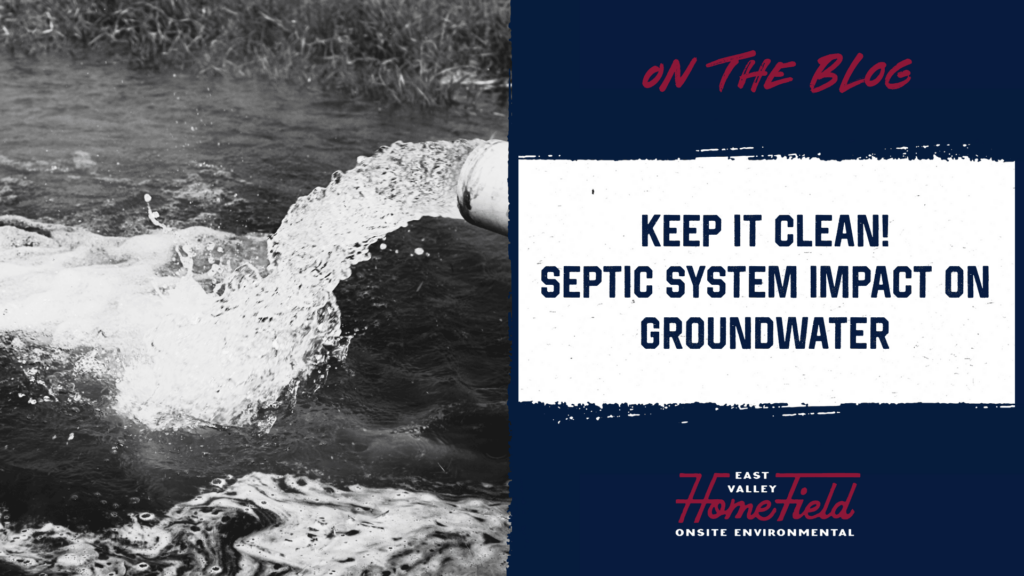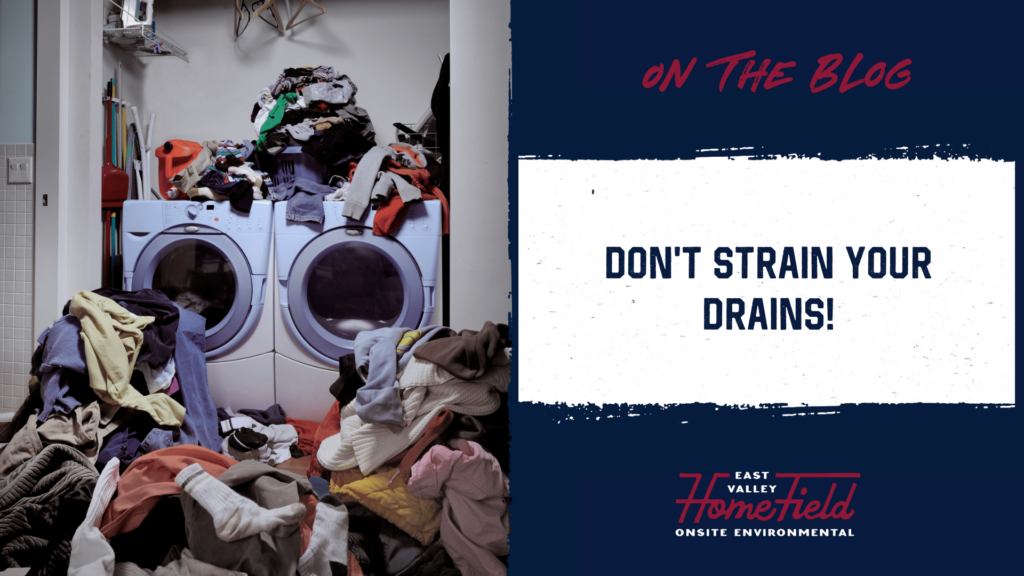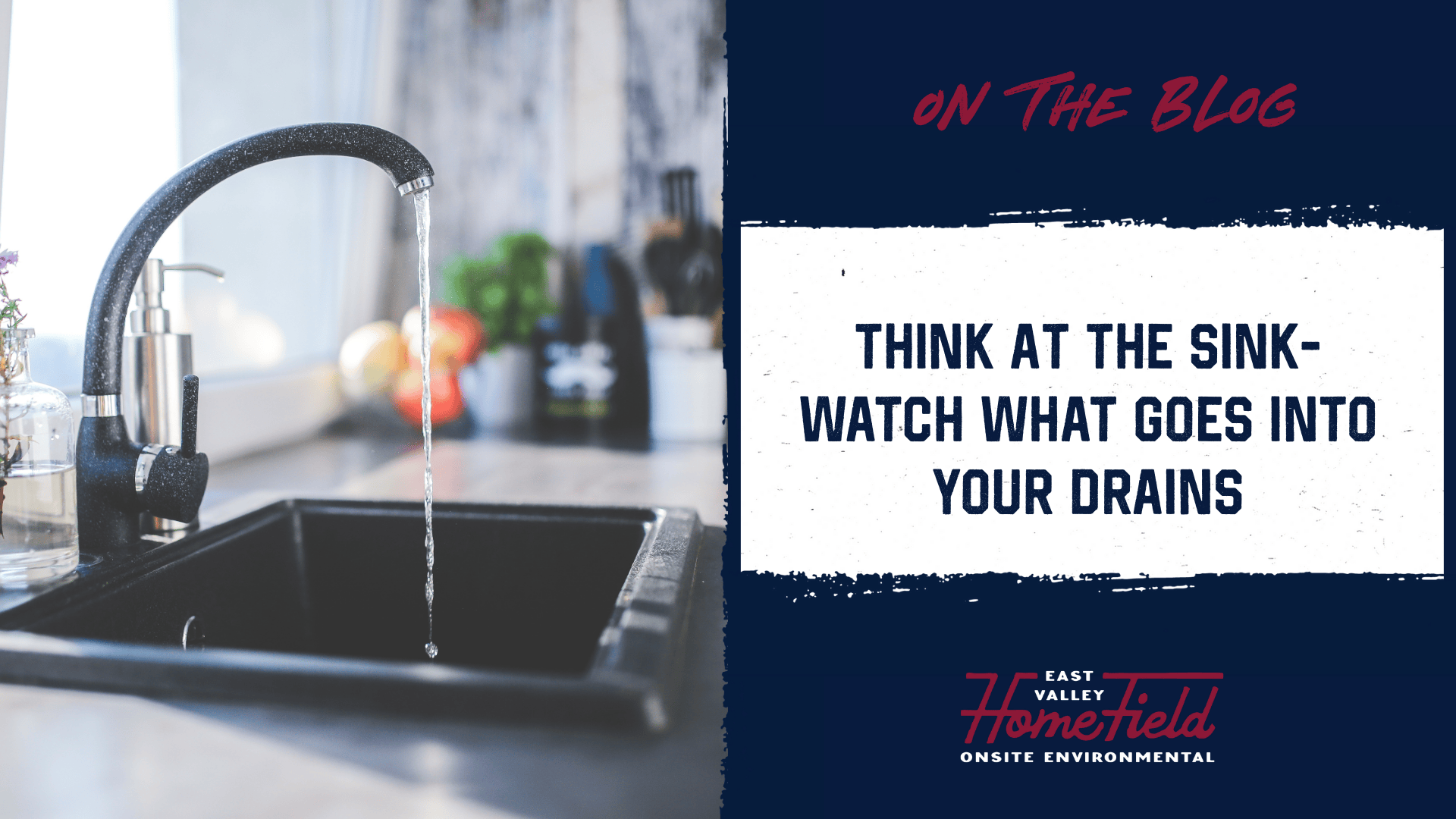
Think At the Sink -#SepticSmartWeek
August 25, 2025
Every single drain in your home leads somewhere. And if you’re on a septic system, that “somewhere” is a tank buried in your yard—out of sight but working hard every day. That’s why the Think at the Sink message is so important. What goes down the drain doesn’t just disappear. It directly affects the health of your septic system, the environment, and your wallet.
At HomeField Onsite Environmental, we know that everyday choices have a long-term impact on your system. One bad habit repeated often is all it takes to cause serious problems. Septic Smart Week is the perfect time to revisit the basics and protect your system by simply thinking before you flush, pour, or rinse.
A Little Grease Can Cause Big Problems
Grease is one of the most common threats to a septic system. Pouring hot grease down the drain might seem harmless—until it cools, hardens, and clogs your pipes. Grease also coats the inside of your septic tank and disposal field over time, reducing efficiency and leading to costly service calls. Even rinsing greasy pans in hot water sends more fats into the system than you might realize.
The best move? Wipe pans with a paper towel, pour grease into a container, and throw it away in the trash.
Cleaning Chemicals Can Wipe Out the Good Guys
Your septic tank relies on naturally occurring bacteria to break down waste. Harsh cleaning products, antibacterial soaps, and chemical drain cleaners kill that helpful bacteria. Without it, solids don’t break down, which means your tank fills up faster and problems come sooner.
Use septic-safe, biodegradable cleaning products whenever possible. It’s not just good for your system; it’s better for your soil and groundwater too.
The Garbage Disposal Isn’t a Shortcut
Garbage disposals might make cleanup easier, but they’re not your septic system’s best friend. Excess food waste adds solids to your tank, and fibrous scraps like onion peels, celery, and potato skins can clog pumps or get caught in filters. Coffee grounds and eggshells are common culprits we see during tank pumping, and they don’t belong there.
Scrape plates into the trash or compost bin. The less solid waste in your tank, the better.
Don’t Treat Your Drain Like a Trash Can
Here’s a quick reminder of what not to send down your drains:
- Wipes (yes, even the “flushable” kind)
- Feminine hygiene products
- Cotton swabs
- Dental floss
- Paper towels
- Medications or harsh chemicals
These items do not break down in your tank. Instead, they collect, clog, and shorten the life of your system.
Simple Habits, Big Results
Thinking at the sink is one of the easiest ways to extend the life of your septic system. It’s a daily habit that saves you time, money, and frustration. When you’re careful about what goes down the drain, your system works better, lasts longer, and protects your property and the environment.
Don’t Forget Regular Maintenance
Even with perfect sink habits, septic systems still need routine service. Pumping your tank every 2 to 3 years and scheduling inspections ensures everything continues working like it should. Early intervention prevents expensive surprises down the road.
At HomeField, we’re here to help you protect what matters. If you’re due for a pump-out, have questions about best practices, or want a second opinion on your system’s condition, just give us a call. We’ll help you keep things flowing in the right direction.
Heidi
Heidi is the marketing and business development powerhouse at HomeField Onsite Environmental. She’s all about bringing the onsite wastewater world to life with knowledge, humor, and straight-up valuable insights—helping customers make the best decisions for their systems!
Sign Up For Our Newsletter
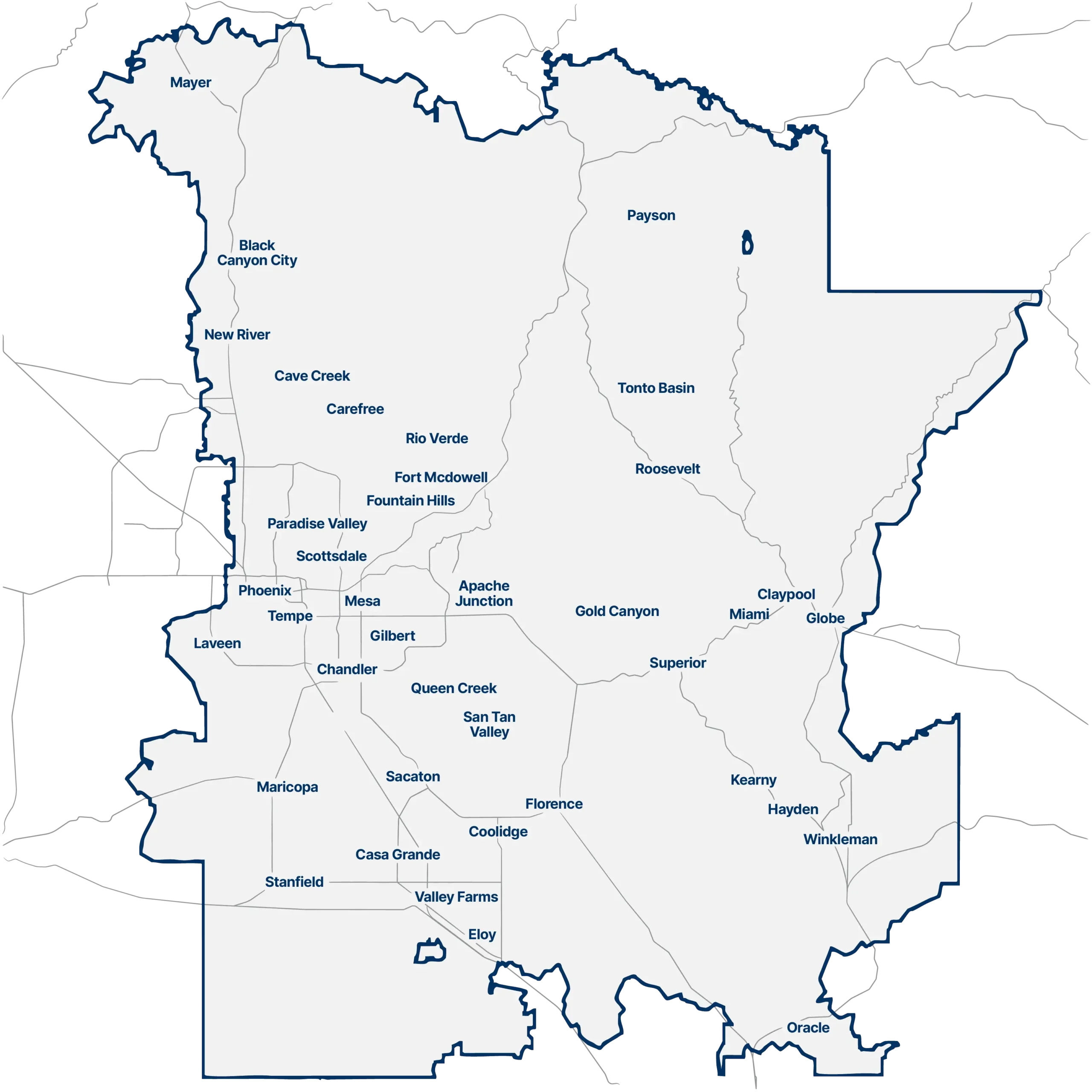
OUR SERVICE AREA
WE LOVE THE EAST VALLEY
We make the East Valley our home base, and proudly serve the cities and areas on this side of town, including:
